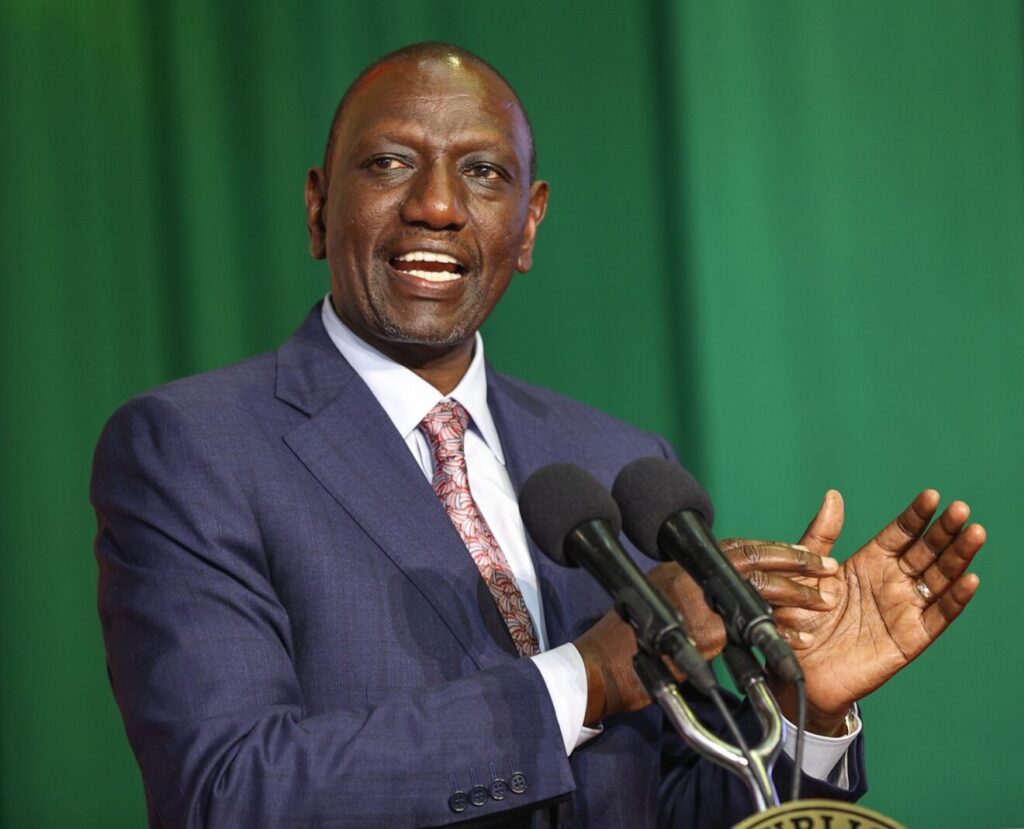Embakasi North MP James Gakuya has strongly opposed President William Ruto’s latest pledge to teachers. The president had promised to allocate at least 20 per cent of affordable housing units to teachers.
Gakuya, however, termed the move a misuse of power and accused Ruto of ignoring due process. He made the remarks on Tuesday, September 16, 2025, during an interview with a local media house.
“This is Misuse of Power”
According to Gakuya, the president’s decision undermines the law. He argued that there is already a procedure for acquiring the houses, which Ruto should follow.
“This is total misuse of power where one who is entitled to the presidency has gone low and has now moved out of the path. There is a procedure for acquiring this housing,” he said.
The legislator also questioned why teachers were being given priority. He noted that all civil servants contribute to the levy and should have an equal chance to benefit.
Gakuya Questions Special Treatment
Gakuya challenged Ruto to explain what makes teachers more deserving than other workers.
“Follow the procedure because you have a say, and you only require a stroke of the pen and decide these groups should be given this. How special is this group?” he asked.
He went further to stress that even MPs contribute to the levy and should be treated equally.
Ruto’s Offer to Teachers
President Ruto had made the announcement on Saturday, September 13, 2025, during the Waalimu Na Rais Forum at State House, Nairobi.
He explained that teachers contribute 13 per cent of the housing levy, which amounts to about Ksh900 million every month. Based on this, Ruto said at least 20 per cent of the housing units would go to teachers.
To seal the arrangement, the president promised a Memorandum of Understanding (MoU) between the Ministry of Housing and teachers’ unions.
Debate Over Fairness
While teachers welcomed the news, Gakuya’s strong remarks opened a new debate. His comments highlight growing political differences on how the affordable housing programme should be shared.
The controversy raises key questions: should contributions determine who gets priority, or should all Kenyans be treated equally under the law?

